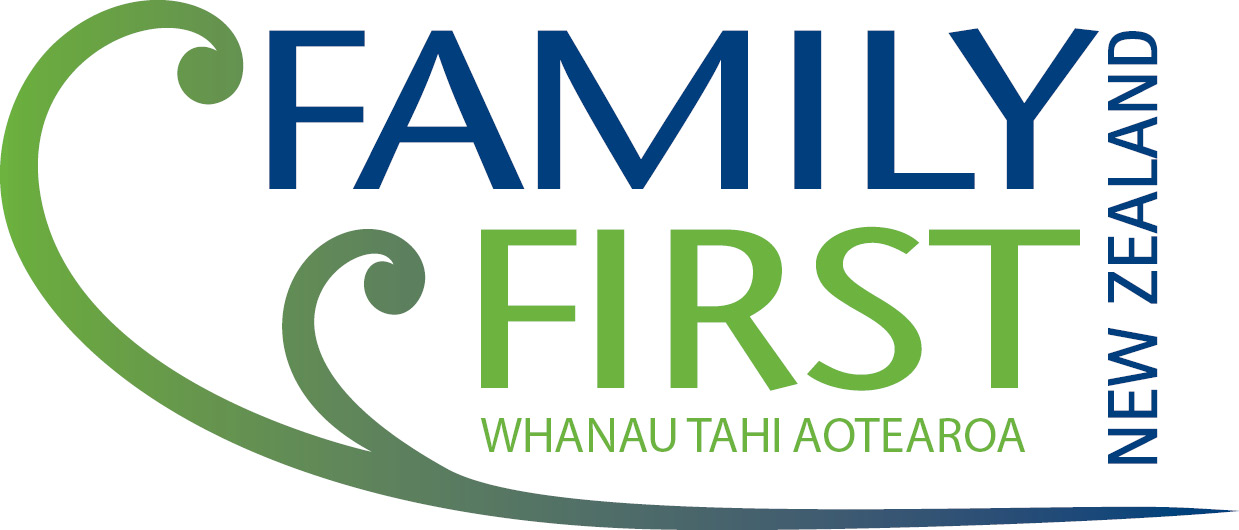Why the cannabis referendum is too close to call – and who’s to blame if it fails
 NewsHub 13 October 2020
NewsHub 13 October 2020
‘Fear’ v ‘families’ on the campaign trail
In part, the weaknesses of the yes campaign are also due to the strengths of the no campaign.
In an excellent article for The Spinoff, Alex Braae caught up with Family First in Gore as the conservative group worked to rouse the country against the ‘yes’ votes on both euthanasia and cannabis legalisation.
Braae notes the group has succeeded by being “phenomenal networkers”, adept at the “long, hard grind of campaigning”.
“Family First has been on tour over the last few months, with something like 37 dates in total. It can get a crowd in Paeroa, Kerikeri or Rangiora, along with stops in the major cities,” he writes.
After sitting through the meeting Braae gave his appraisal of Family First: it understands the concerns communities have and gives supporters the arguments they need to convert others.
“If Family First is going to win its battles against the referendums, it’ll need to do it conversation-by-conversation, reframing the arguments each time so they take place on the most favourable ground,” Braae writes.
“On cannabis, it seems clear that the Say Nope to Dope campaign has out-worked and out-messaged pro-legalisation campaigners.”
Newshub asked Say Nope to Dope campaign spokesperson Aaron Ironside what messages he’s getting from the community and what messages he’s giving back.
“All over the country, we have heard concerned Kiwis be incredulous about expectations of reduced cannabis use and black market operations,” he told Newshub.
“Families are naturally protective of adolescents who they know are the most vulnerable to early cannabis use. This draft law does nothing to protect them and sends them back to tinnie house.
“Employers worry about workplace safety and reduced employment rates as usage becomes more commonplace. Harm reduction is inconsistent with increased use.
“New Zealand can afford to wait – we have medicinal cannabis and a health-based criminal policy in our law. Those law changes are enough for now. The risk of early adoption is a generation of young New Zealanders who are too precious to be wasted.”
Speaking to Magic Talk’s Road to the Election last month, Swarbrick was asked as to why the ‘vote yes’ movement appeared to be losing momentum – and pointed to “misleading frames of arguments”.
“I think what it [the polling trends] says is there still is a huge amount of confusion, which is largely being spurred by a ‘no’ campaign seeking to cast fear and doubt, to basically try to tell people that to vote yes to implement a sensible, mature, adult framework – to reduce harm, to increase community wellbeing, to ensure our kids are not using this substance – is conflated with the idea of whether you support cannabis or not,” she said.
She backed this in a statement to Newshub last week.
“Unfortunately, the discourse around the referendum has featured a lot of scaremongering and dogma from those wishing to protect the status quo, despite clear evidence it’s causing harm,” she said.
Ironside denies running on ‘fear and doubt’ and says he’s “disappointed that the debate has often moved from the issue to the personal”.
“Exaggeration has often been employed to distort our position,” he tells Newshub.
“For example, we have never claimed that there would be ‘a cannabis shop on every corner’ – rather we expressed concern about the BERL report revealing there would be a shop in every community.”
READ MORE: https://www.newshub.co.nz/home/politics/2020/10/why-the-cannabis-referendum-is-too-close-to-call-and-who-s-to-blame-if-it-fails.html







